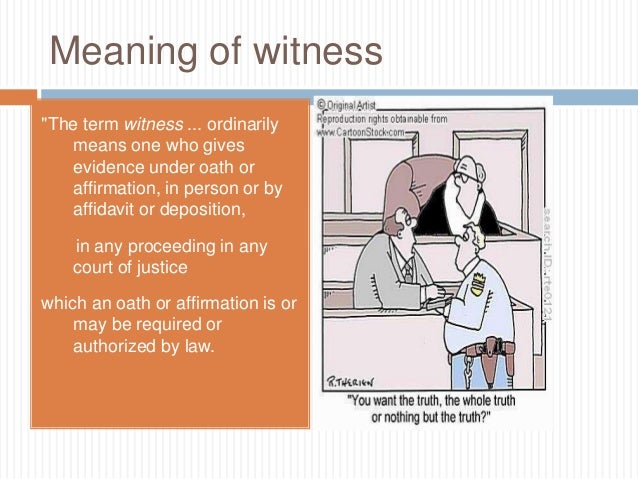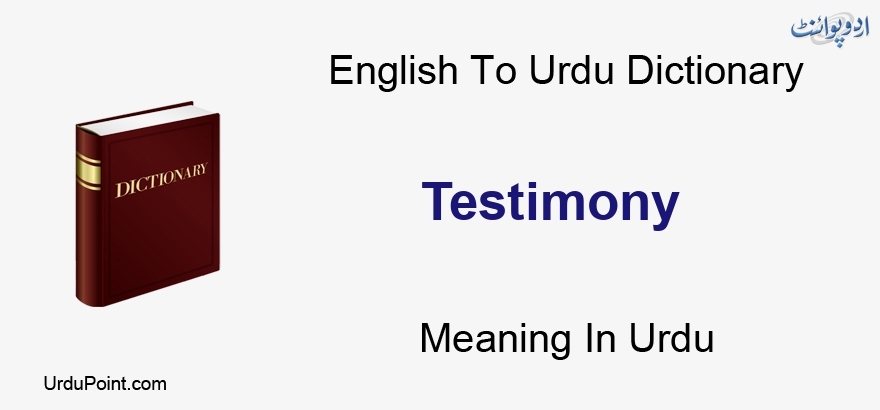

Because ambiguity is a question of semantics, it follows that it’s amenable to elucidation through expert testimony. Second, it’s conclusory to say that whether contract language is ambiguous is always a question of law. It seems inescapable that if expert testimony regarding technical matters is admissible for purposes of the latter, it should be admissible for purposes of the former. See Williston on Contracts §30:4 (noting that “the interpretation of a contract requires an initial determination of whether the contract is ambiguous, either as written or as a result of an ambiguity arising during performance of agreement, and this determination itself involves an assessment of the contract’s meaning”). I have two problems with inadmissibility of expert testimony for determining whether contract language is ambiguous.įirst, determining whether language-a word such as “diggable”-is ambiguous requires the same kind of analysis as is required to determining which of any alternative meanings of “diggable” the parties intended. So the prevailing orthodoxy is that (1) no expert testimony of any kind is admissible for purposes of determining whether contract language is ambiguous and (2) in the case of contract language that isn’t ambiguous, expert testimony is admissible only for purposes of determining technical meaning. Thus, for example, witnesses with the appropriate background and qualifications have been permitted to give opinions as to the meaning and interpretation of such words and phrases as.
Expert testimony meaning trial#
On the other hand, the view has also been followed that where words have an unusual meaning or application in a particular occupation or trade, persons familiar with that occupation or trade may testify to the meaning of the words, although it is within the discretion of the trial court to determine whether it needs assistance in understanding the evidence. Furthermore, there is authority in some jurisdictions to the effect that experts may not testify as to the meaning of a legal term. The view has been followed that the construction of unambiguous contract terms is strictly a judicial function, and that the opinions of percipient or expert witnesses regarding the meanings of contractual provisions are irrelevant and hence inadmissible. Generally, unless the words or phrases as used in a writing which is the subject of controversy are terms of art, science, or trade, or there is something to show that they were not used in their ordinary and plain meaning, opinion testimony to interpret the language is not admissible.

Expert and Opinion Evidence § 354 has to say (citations omitted): So counsel may suggest alternative meanings, but no mention of expert testimony.Īnd once contract language has been deemed ambiguous, expert testimony is admissible, but only as to the technical meaning of contract language.

Extrinsic evidence properly considered in deciding whether the contract is ambiguous may include the structure of the contract, the parties’ relative positions and bargaining power, the bargaining history, whether one of the parties prepared the instrument, so that the language should be construed most strongly against it, and any conduct of the parties which reflects their understanding of the contract’s meaning. The court must consider the words of the agreement, including writings made a part of the contract by annexation or reference, the alternative meanings suggested by counsel, and any extrinsic evidence offered in support of those meanings. Under the prevailing, more expansive view of what the court may consider, the court does not simply determine whether, from its perspective, the contractual language is clear rather, the court hears the proffer of the parties and determines if there are objective indicia that, from the parties’ linguistic reference point, the contract’s terms are susceptible of different meanings. 1994).Īnd Williston on Contracts § 30:5 confirms that “determination of whether a contract is ambiguous is a question of law for the court.” It goes on as follows (citations omitted): in English and ten years experience as an editor could not testify that two provisions in the deed at issue created an inherent ambiguity, since the threshold issue as to whether a deed is ambiguous is a question of law. I learned that “it remains a basis for objection that the testimony amounts to a legal conclusion.” And I found the following case note:Ī linguistics expert who had a Ph.D.

Capozzola, Expert Witnesses in Civil Trials. (Remember, ambiguity arises when a contract provision is capable of expressing two or more inconsistent meanings.) So I consulted Walter R. Recently I wanted to find out more about use of expert testimony to resolve contract ambiguity.


 0 kommentar(er)
0 kommentar(er)
